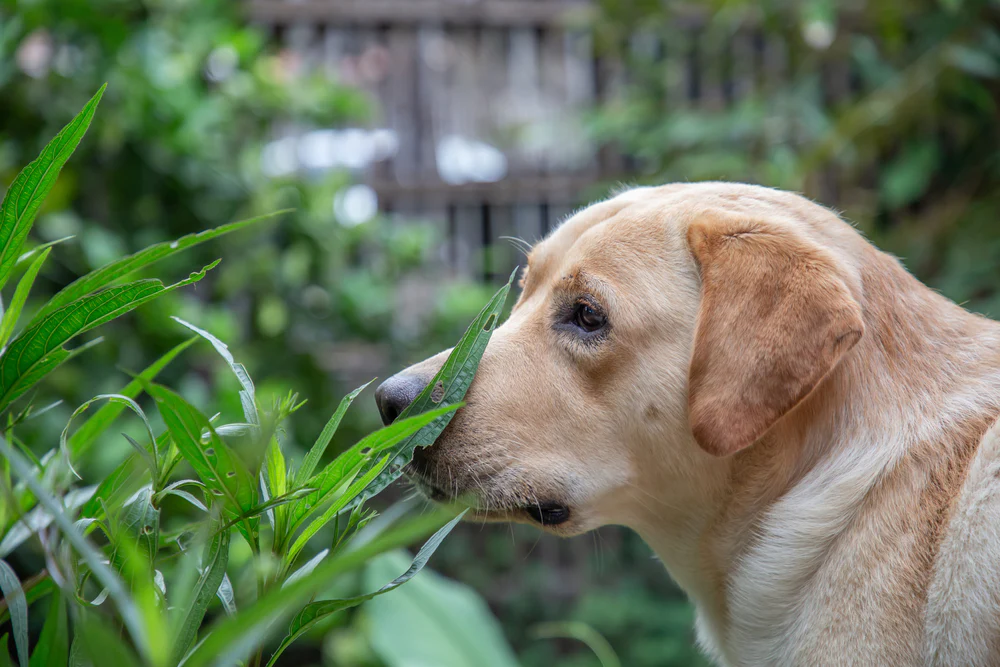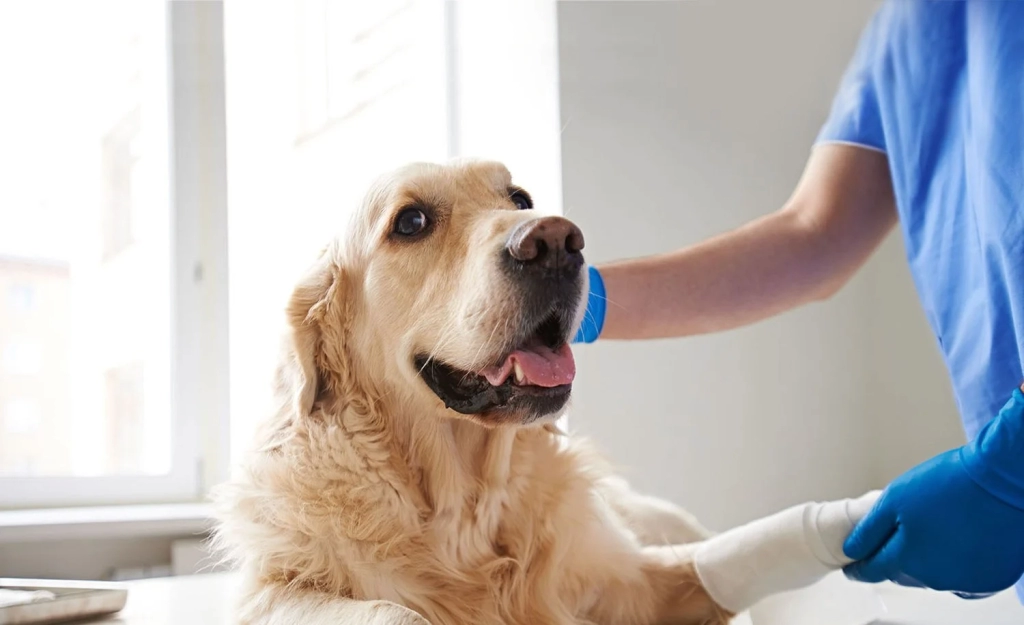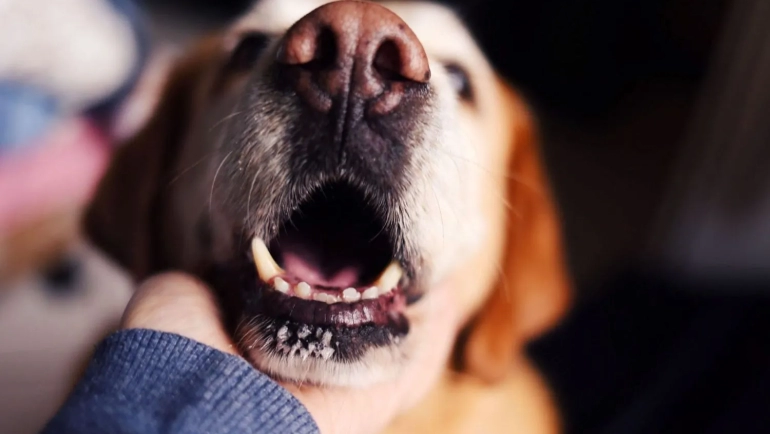140Views

Dog Mucus Vomit: 5 Causes And Home Care
When it comes to our furry companions, keeping a close eye on their health is crucial. One concerning issue that dog owners may encounter is mucus in their pet’s vomit.
While it can be alarming, understanding the causes, symptoms, and appropriate treatment is essential for maintaining your dog’s well-being.
In this article, we will discuss the most important causes of dog mucus vomit, along with symptoms and appropriate home treatments.
What is Dog Mucus Vomit?
Dog mucus vomit refers to the expulsion of stomach contents accompanied by a slimy, gel-like substance.
This mucus is produced by the dog’s gastrointestinal tract and serves to lubricate and protect the lining of the stomach and intestines. However, an excess of mucus in vomit may indicate an underlying issue.
Causes of Dog Mucus Vomit:
1- Dietary Indiscretions:
Dogs are known for their curious nature, and sometimes they may ingest things they shouldn’t, such as spoiled food, garbage, or foreign objects. This can lead to irritation in the digestive tract, causing mucus in vomit.
2- Gastrointestinal Infections:
Infections caused by bacteria, viruses, or parasites can lead to increased mucus production. Common culprits include Salmonella, E. coli, and parasites like giardia.
3- Allergies:
Some dogs may develop allergies to certain ingredients in their food, leading to gastrointestinal irritation and mucus vomit. Identifying and eliminating allergens from their diet is crucial in such cases.
4- Inflammatory Bowel Disease (IBD):
IBD is a chronic condition characterized by inflammation of the digestive tract. Dogs with IBD may experience recurrent vomiting with mucus due to the ongoing inflammation.
5- Pancreatitis:
Inflammation of the pancreas, known as pancreatitis, can cause vomiting with mucus. This condition is often associated with dietary indiscretions and requires prompt veterinary attention.
Read more: Dog Foamy Throw Up: Causes & Care
Symptoms of Dog Mucus Vomit:
- Frequent Vomiting: Dogs experiencing mucus vomit may vomit more frequently than usual.
- Loss of Appetite: A dog with gastrointestinal issues may lose interest in food.
- Lethargy: Gastrointestinal problems can lead to fatigue and a lack of energy.
- Diarrhea: Mucus vomit may be accompanied by diarrhea, indicating a broader digestive issue.
Treatment and Home Care:

- Consult a Veterinarian: If your dog is consistently vomiting with mucus, it’s crucial to seek professional veterinary advice. A veterinarian can conduct diagnostic tests to identify the underlying cause.
- Dietary Management: Adjusting your dog’s diet to eliminate potential allergens or introducing a bland diet may help soothe the digestive system.
- Hydration: Ensure your dog stays well-hydrated. Offer small amounts of water frequently, especially if vomiting is causing dehydration.
- Medication: In some cases, your veterinarian may prescribe medications such as anti-emetics or antibiotics, depending on the diagnosis.
Read Also: Best Beneficial Foods For Dogs
Conclusion:
While occasional vomiting is normal for dogs, persistent mucus vomit warrants attention. Understanding the causes, recognizing symptoms, and seeking timely veterinary care are crucial steps in ensuring your furry friend stays healthy and happy.
Remember, a proactive approach to your dog’s well-being is key to a long and fulfilling companionship.


